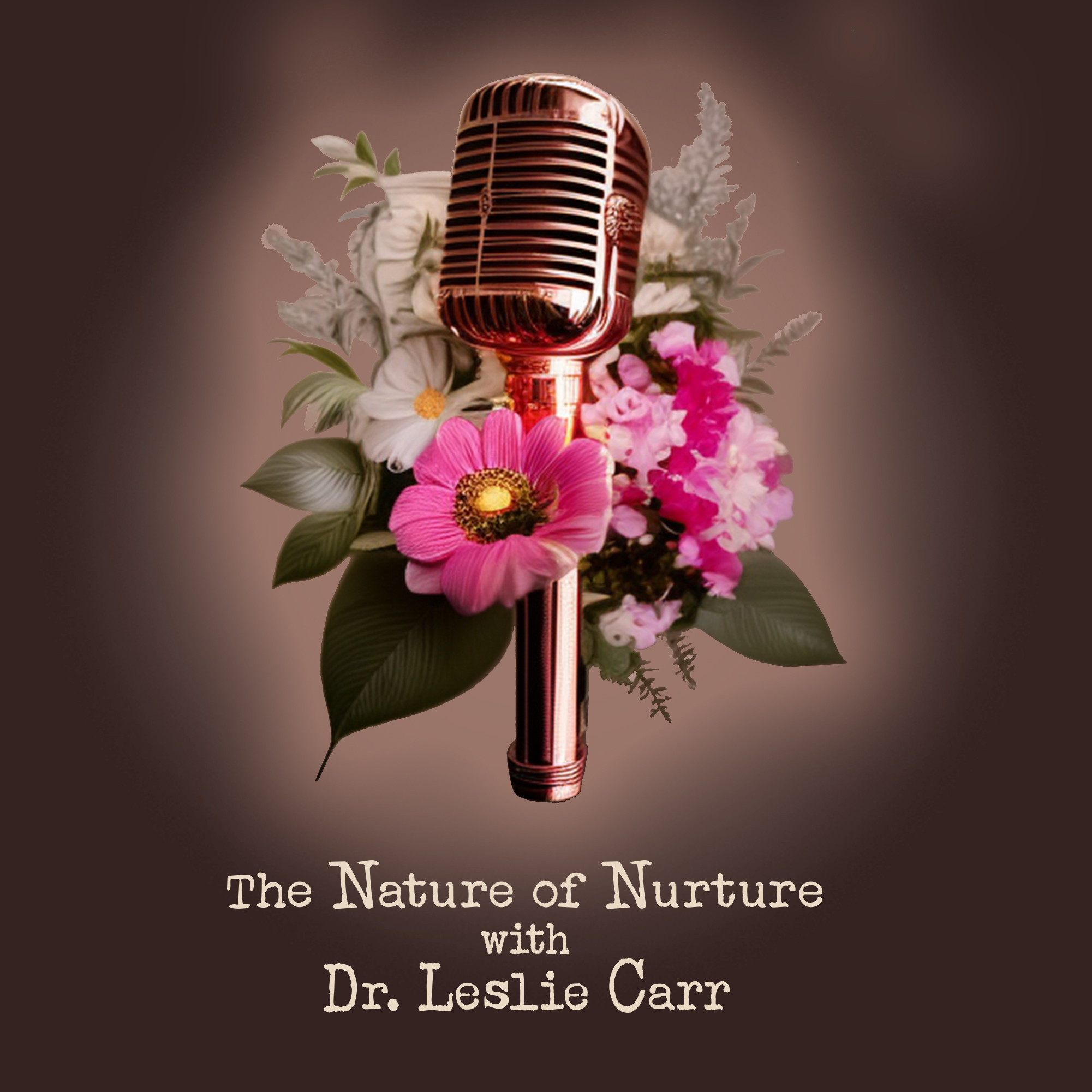Well, none of us saw this coming, did we? That a bunch of high school students would become the super heroes we’ve all been waiting for.
The Parkland, Florida school shooting has been so dominant in the news lately that this article can go without a preamble – but I will tell you that it’s been inspiring for me to see the NRA on its heels like never before.
It feels like something is changing, doesn’t it? As companies previously affiliated with the NRA abandon it in droves, it feels like something is actually, finally CHANGING.
But the NRA is not one to go down without a fight, so here we are, again, locked in the battle that drives us all in circles.
Is the problem with the GUNS themselves, with the people who shoot them, or both?
The NRA and its spokespeople would love to have you believe that there’s nothing wrong with people buying semi-automatic rifles, but that the problem is with MENTALLY ILL people buying and using these weapons.
It’s also a common response from mental health professionals at a time like this to say that mass murderers, by and large, are not mentally ill – and the thing is, that’s not entirely true.
Mass murders are not being committed by mentally healthy people.
What mental health professionals REALLY mean, when they say that lone gunman aren’t mentally ill, is that they often don’t have the types of diagnoses that the average person seeks treatment for. They’re usually not depressed per se, or anxious; they don’t have bipolar disorder, or schizophrenia.
Most people who qualify for those types of diagnoses aren’t violent – and this is an important statement to make in a world that already stigmatizes people who seek out therapy or mental health treatment of any kind.
No, most people who commit acts of violence qualify for OTHER types of diagnoses – ones that are notoriously very hard to treat.
Most lone gunman-type mass shooters have a few things in common.
They’re usually very socially isolated, they feel extremely entitled, they feel angry or rageful, and they have impulse control problems. In short, they usually fall into the category of something we call anti-social personality disorder. They’re sociopaths. And usually: They don’t want treatment.
Young men who fall into this category (and yes, they are pretty much exclusively young, white men) don’t want treatment, and they have disorders that would be very hard to treat even if the person did want help.
The only way that you could theoretically force a person like this into treatment, and this is with our current laws that tend to favor personal freedom, is to commit someone involuntarily to a mental institution, and that can only be done in very specific circumstances.
Here in California, where I’m licensed as a psychologist, you can only involuntarily commit someone if:
1. They’re an imminent danger to themselves. They’ve told someone that they’re thinking about killing themselves and that they have a plan and “means” to do it (ex: they want to shoot themselves and they own a gun)
2. They’re an imminent threat to another person who can be identified. The person has to have a target and a plan in mind (saying “I’m so angry I could just kill someone” doesn’t cut it), or
3. They’re gravely disabled. This means so psychologically disorganized that they can’t take care of themselves in even the most basic ways – and the bar for this is HIGH
Usually the amount of time that someone can be committed if any of these criteria are met is about 72 hours (two weeks max) – which, as you can probably imagine, is not long enough to meaningfully help someone who’s enraged, entitled, violent, and lacking in impulse control.
So, what are we really talking about when we say that we’re trying to keep guns out of the hands of the “the mentally ill?” That an anxious soccer-mom should be precluded from buying a handgun?
And how would that even work? Are we violating her HIPAA rights to put her on some sort of national database for people who shouldn’t have access to firearms?
From my perspective, there are plenty of “common sense” measures that can be enacted that are helpful – for example, here in CA we have “red flag laws” which enable people to alert the authorities if they know someone who’s made violent statements and has access to firearms.
Florida doesn’t have red flag laws and they would have gone a long way to prevent the Parkland massacre.
But the bottom line is that no one needs a semi-automatic rifle, and to suggest otherwise is to make a bad faith argument.
We can’t solve America’s gun problem by addressing mental health alone because:
- The vast majority of people with a mental health diagnosis aren’t violent
- Violent people don’t seek treatment, and
- You can’t arrest someone for a crime they haven’t yet committed.
So as a mental health professional, I stand completely with these brave young teens who are speaking truth to power.
We all have so much to learn from them about how to use our voices to create change, and how to not back down in the face of seemingly unbeatable odds.
 Want to share this article on Twitter? Please click here.
Want to share this article on Twitter? Please click here.


















